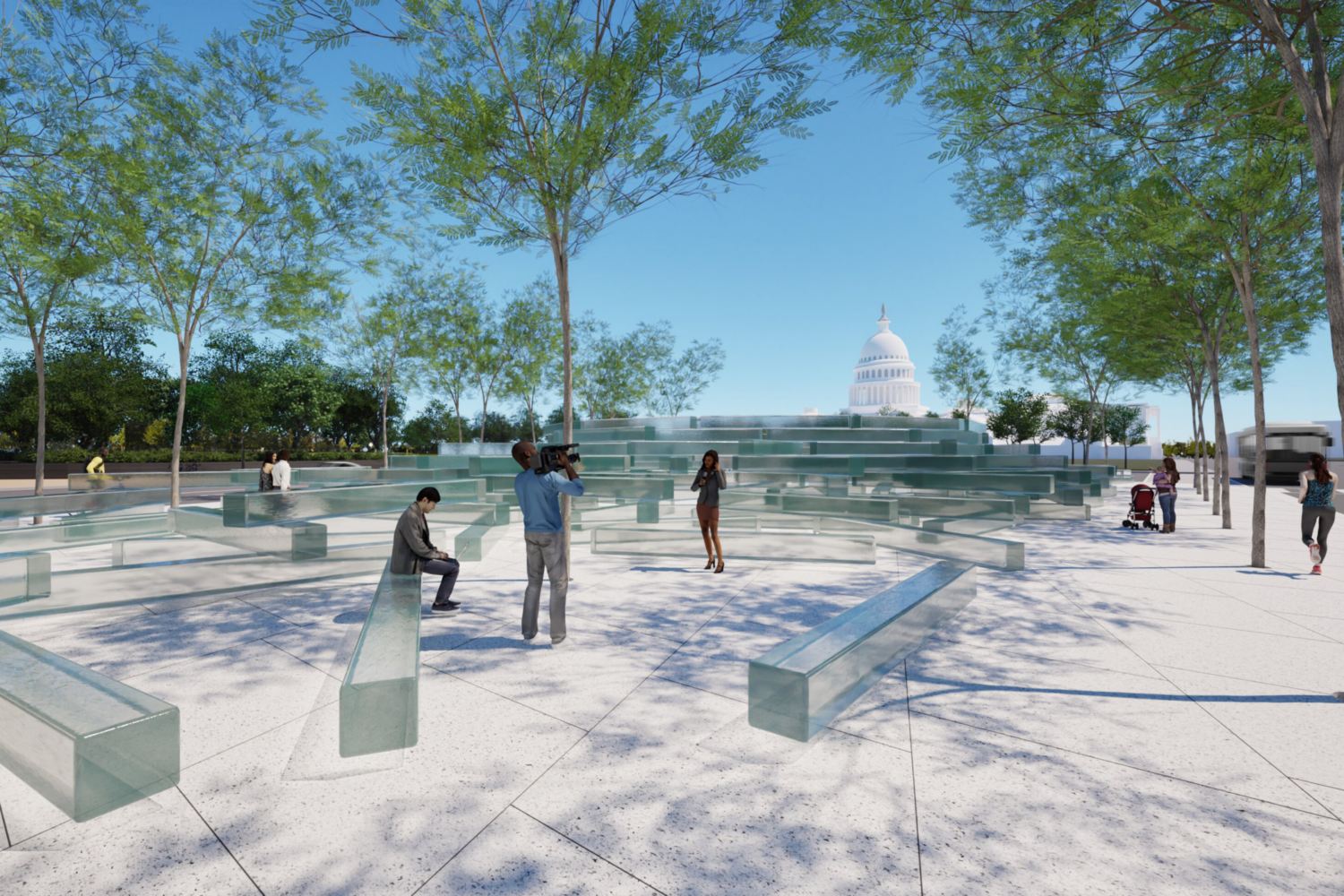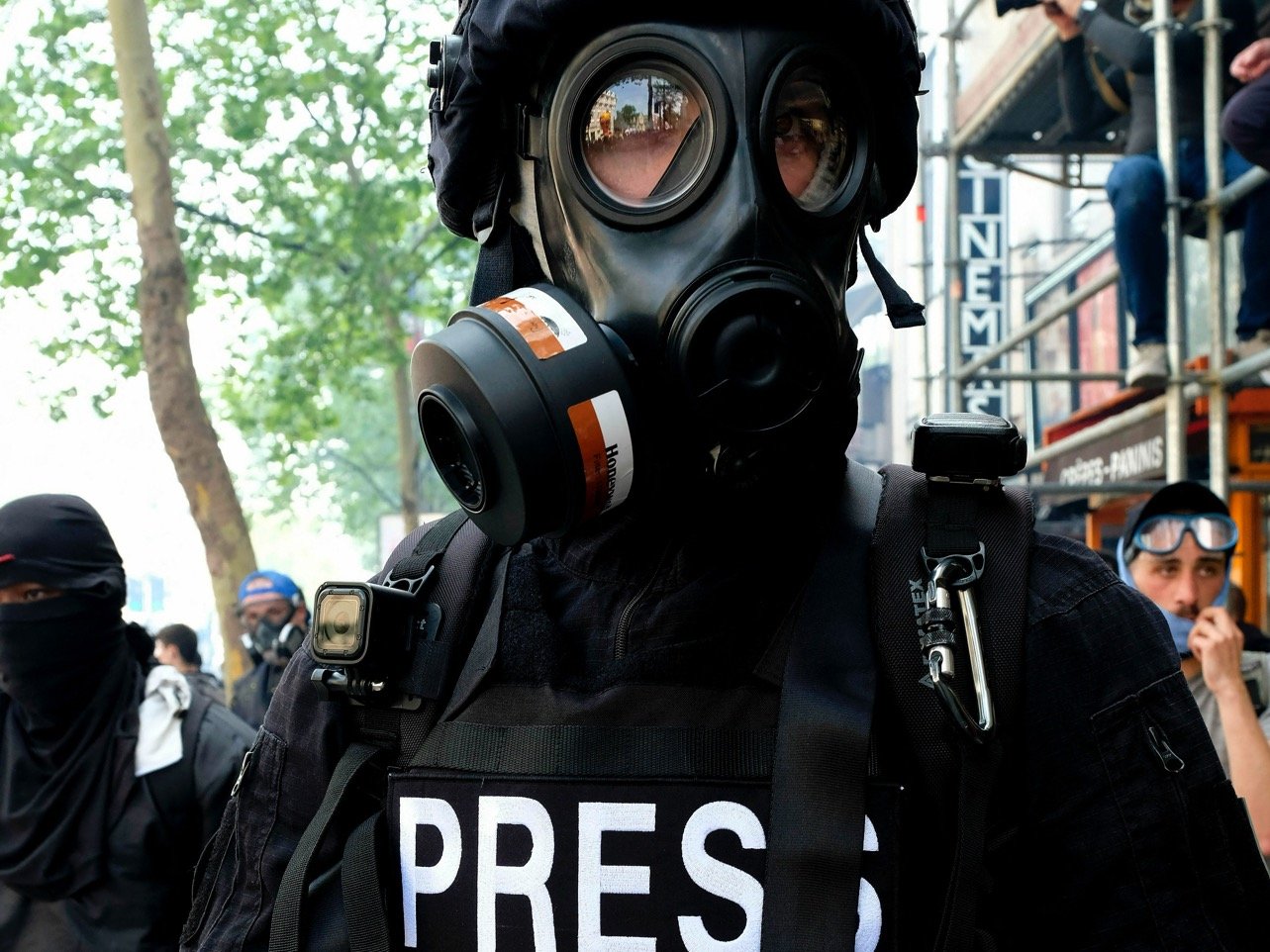With the United States careening towards what may be the most irregular election in its history, a new organization is trying to help teach American journalists how to cover their own country—in part by soliciting the advice of reporters from developing or crisis-riven countries that have more experience with electoral violence, theft, and chaos.
Election SOS, sponsored by the American Press Institute and funded by the Democracy fund, is a new initiative providing resources, training, and support for journalists in the name of helping them cover the electoral tribulations of a polarized society—by providing maximal information to voters and not doing things that may make the fog of electoral chaos worse. So far, they’ve scheduled a full month of workshops on everything from covering disinformation to ensuring online security, and will start matching trained fellows with newsrooms around the country next week.
In the next few weeks, the initiative will make available a panel and playbook about election coverage for journalists featuring the wisdom of international conflict experts and journalists from conflict zones. Amanda Ripley — a former Time staffer and the author of a forthcoming book on intractable conflicts — says she first started thinking about the need for these resources after attending an event where international conflict experts discussed how to prevent political violence in the United States. Ripley says at check-in, there was a checklist of 25 risk factors typically used to predict political violence overseas. The United States “checked every single box,” Ripley says. “Demonizing rhetoric, check. Deep societal divisions, check. High availability of weapons, check.”
Those international conflict experts have provided key guidance for Ripley’s playbook. But she’s also spent time interviewing reporters who’ve covered dubious elections—preferably in their own countries rather than as American foreign correspondents. Ripley says one of them, Venezuelan journalist Patricia Torres, told her that the current state of the US felt eerily familiar to experiences at home: “When I read stories from the United States now it’s like a flashback; it’s like a movie I’m watching again. In a way, it makes me feel like we’re all the same. Violence is violence everywhere, polarization is also the same. It’s a human thing, not something that belongs to Americans or Venezuelans or Africans. It’s important for journalists to understand that.”
Ripley’s also interviewed reporters from countries including Bangladesh and Sierra Leone where democracy has been less consistent. She says these journalists have an enormous amount of empathy for the American press and have been itching to provide insight. “[When I reach out], every one of them is like, “oh my God, I’ve been waiting for someone to ask,” Ripley says.
Though the exact guidance is still in the works, so far Ripley says the playbook will address how to cover the voting process, how to connect with crisis sources, and how to keep rumors from spreading. She’s hoping to get the project out quickly, as much of the work that needs to be done involves informing the public about their rights and potential scenarios before the election even occurs.
For the record, Ripley says, the US does have some tools that aren’t available in many conflict-zone countries: The public can still access government sources, reporters (generally) aren’t getting arrested, and newsrooms aren’t being shut down by authoritarian edicts. But she doesn’t want to ignore the fact that political violence is already here. “We [just] call it different things,” she says. The protest and racial violence we’ve seen since late May are political violence, she says, and they’ve cropped up earlier than most political violence experts would have estimated — generally, political violence peaks just before and after an election.
Luckily, Ripley says, “we still have time.” She doesn’t want people to hear about her plan to prepare journalists for the worst and think, “we’re fucked.” Rather, she wants them to be compelled to act and protect democracy. Traditional journalistic practices used in extremely polarized scenes can cause harm and incite additional violence by failing to provide context about and relative prevalence of individual problems, but good crisis journalism can keep the public informed and help keep the peace — that’s the whole reason for the panel and playbook.
“I don’t want to just sit here and watch it happen like a trainwreck,” Ripley says. “I want to be useful, and this is one thing we can do.”

















